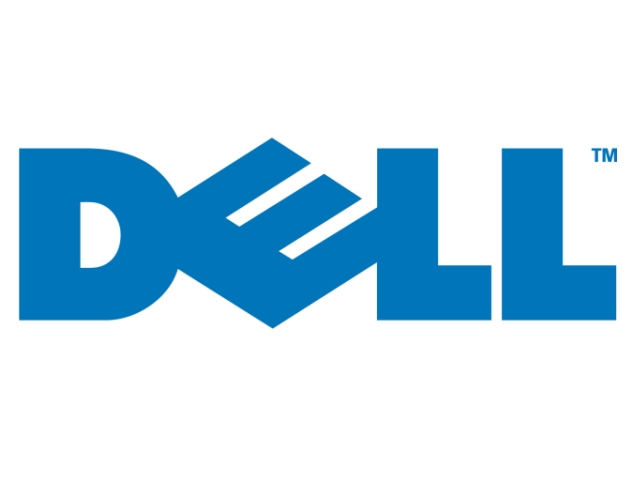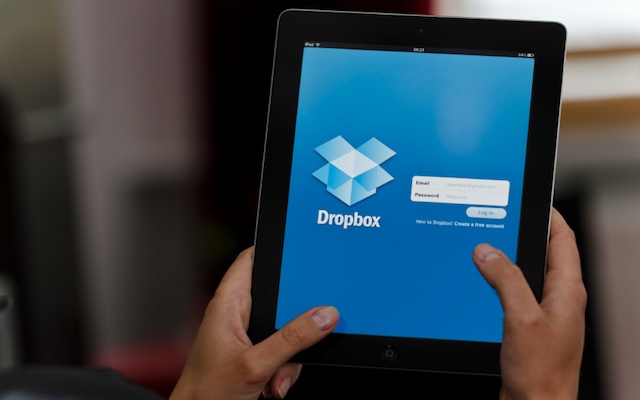Ted Samson| Infoworld
Back in May, “Mad Money”‘s Jim Cramer declared Dell’s stock dead, citing the company’s inability to compete with the likes of Apple in the ever-shrinking laptop and PC market. That very day, the company’s stock dropped significantly — and continued to do so for most of the remainder of 2012. That price drop may be one of the best things to happen to Dell in recent memory in that it has put company founder Michael Dell in a position to inexpensively bring his company private as soon as today.
By going private, Dell removes itself from the scrutiny of shortsighted, consumer-fixated Wall Street analysts who are sometimes too dazzled by the new and shiny to see beyond the next quarter.
The truth of the matter is Dell has slowly been reinventing itself over the past few of years, making the transition from Dell, maker of low-priced PCs to Dell, cloud-focused enterprise hardware and services company. Just take a look at the 15 companies Dell has acquired in the past three years or so alone, and its road map becomes eminently clear.
Starting in late 2009, Dell acquired Perot System, an IT services provider. In February 2010, the company snagged Exanet, a developer of NAS software. Next, it grabbed data-center management company Scalent, followed by Ocarina, purveyor of storage-deduplication wares. It wrapped up 2010 with acquisition of cloud-integration company Boomi and storage hardware maker Compellent.
Onto 2011: On Jan. 4 of that year Dell closed a deal to acquire SecureWorks, a security-service provider. That summer, it snagged RNA Networks, which specialized in software networking. Soon after, the company inked a deal to pick up Force10, maker of Ethernet switches.
Finally, Dell grabbed six companies last year — five in April alone: Make Technologies and Clerity Systems, both services-modernization companies; SonicWall, AppAssure, and Quest — all enterprise security companies; and Wyse, a thin-client specialist.
Now are those the acquisitions of a company that’s looking to take on Apple in the premium PC, laptop, or tablet space? Or a company that wants to go head-to-head in a battle it just can’t win against the likes of Asus and Acer on cheapo PCs?
No, those are the acquisitions of a company that aims to become an end-to-end provider of hardware and services for business customers large and small seeking to smoothly and securely migrate their business processes to the cloud; who are considering jettisoning PCs in favor of cloud-friendly thin clients (à la Project Ophelia); and who are struggling to get a handle on BYOD with all of its security and management headaches.
Microsoft evidently sees value in Dell’s path, as it is reportedly contemplating chipping in a couple billion dollars to help Dell go private. That investment could be win-win for both companies. Microsoft needs a hardware partner to serve as a vehicle for its own cloud ambitions, and Dell needs to pad its lackluster software arsenal.
Simply going private isn’t going to save Dell — the company will have to do some serious restructuring and rebranding as it undergoes its transformation. Going private will, however, give Dell the time and breathing room it needs, without having to explain to impatient shareholders every quarter why it hasn’t built a better a iPad.













